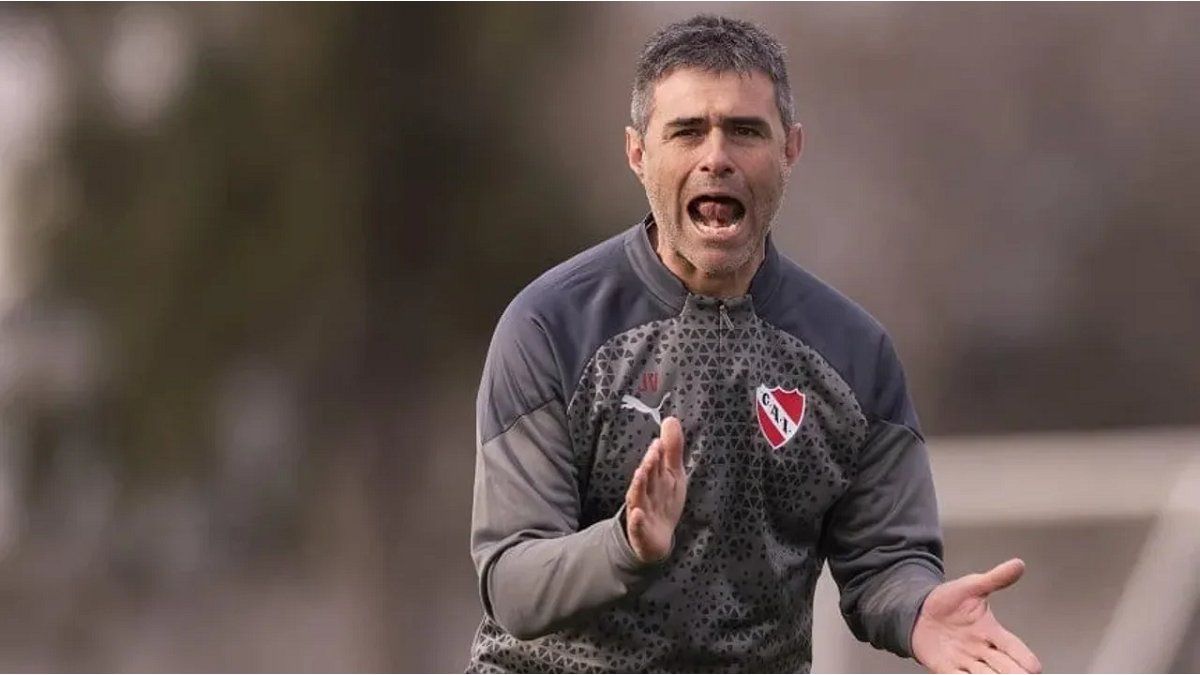The situation is getting worse in the Middle East. After the death of Hezbollah chief Nasrallah, concerns are growing about retaliatory strikes by Iran and its allies as well as internal conflicts in Lebanon.
The situation in the Middle East is highly explosive following the killing of Hezbollah chief Hassan Nasrallah in an airstrike by the Israeli army. Israeli Prime Minister Benjamin Netanyahu warned Iran – Hezbollah’s main ally – against attacking his country. “And to the Ayatollah regime I say: whoever attacks us, we attack,” Netanyahu said in Tel Aviv. “There is no place in Iran or the Middle East that Israel’s long arm cannot reach,” threatened the head of government.
The situation within Lebanon is also becoming increasingly dire. The Israeli military continues to attack Hezbollah militia targets and positions in the south of the country and in the southern suburb of Beirut, which is considered the group’s stronghold. According to Israeli sources, the commander of Hezbollah’s security division, Nabil Kauk, was killed. Hezbollah also continues its attacks on Israel. There were rocket alerts in many parts of Israel, and rockets mostly struck open areas.
Observers also fear the outbreak of a new conflict within Lebanon. It is unclear what consequences the killing of Nasrallah will have for Lebanon. Hezbollah has been severely weakened following the killing of its secretary general on Friday.
Three days of national mourning begin in Lebanon on Monday. The flags fly at half-mast, there are special programs on TV and radio.
But two days after the Israeli attack, the militia has still not released any information about Nasrallah’s funeral or memorial services. Hezbollah has not yet named its successor, who will direct Hezbollah’s fortunes as Secretary General.
Iran warns of Middle East war – “Anything is possible”
According to the Iranian leadership’s assessment, all options are conceivable after the targeted killing of Nasrallah – including a Middle East war. “Everyone should be aware that the situation is extremely explosive and anything is possible at any time (…) including war,” warned Foreign Minister Abbas Araghchi. Nasrallah’s blood was not shed in vain and Israel will regret the act. However, Araghchi did not mention his own retaliatory strike.
According to Araghchi, Israel has created an international crisis and put the entire world on alert. Iran has therefore also called for an emergency meeting of the UN Security Council, the chief diplomat said in an interview with reporters. Israel committed a “blatant act of terrorist aggression against residential areas in Beirut by using US-supplied thousand-pound bunker busters,” said Iran’s UN Ambassador Amir Saeid Iravani’s letter to the most powerful UN body.
Netanyahu speaks of a historic turning point
“These are momentous days. We are at a historic turning point,” Netanyahu said. He described the targeted killing of Nasrallah as a “reckoning with a mass murderer.” Nasrallah was a kind of turbo of the “Axis of Evil” created by Iran. “He was not just any terrorist, but the terrorist par excellence,” Netanyahu said. Netanyahu said the Hezbollah leader was guilty of murdering countless Israelis, hundreds of Americans and dozens of French people.
“As long as Nasrallah was alive, he would have quickly restored the (military) capabilities that we took away from Hezbollah,” Netanyahu continued. “Its removal will hasten the return of our residents to their homes in the north.”
Since the beginning of the Gaza war almost a year ago, Hezbollah has been shelling northern Israel almost every day. As a result, around 60,000 residents of towns near the border had to flee to other parts of Israel.
Hezbollah says it is acting in solidarity with the Islamist Hamas in Gaza. Before Nasrallah’s death, it had declared that it would only stop the attacks if there was a ceasefire in the Gaza war.
Biden on killing Nasrallah: “Measure of justice”
US President Joe Biden called Nasrallah’s killing a “measure of justice” for the victims of his four-decade reign of terror. The US continues to support Israel’s right to self-defense against Hezbollah and other Iranian-backed terrorist groups, Biden said. The USA’s goal remains the de-escalation of the conflicts in the Gaza Strip and Lebanon through diplomatic channels. The US government ordered the departure of relatives of its diplomats in Lebanon. The reason was the uncertain and unpredictable situation in Beirut, it was said.
Worry about conflict
After killing almost the entire upper management level, it is unclear who in Hezbollah could now give command, including in the event of further attacks on Israel. Hezbollah will probably wait for instructions from Iran. Under religious leader Ayatollah Ali Khamenei, he is the actual protective force and the militia’s most important supporter.
The killing of Nasrallah and the current power vacuum pose major domestic political problems for Lebanon. New inner-Lebanese conflicts could threaten. The Lebanese army warned: “The army command calls on all citizens to maintain national unity and not to be drawn into actions that endanger civil peace at this dangerous and sensitive period in our country’s history.” Due to power struggles, the country has had no president and effectively no government for two years.
In the areas it controls, Hezbollah acts like its own state in Lebanon and takes care of infrastructure, schools, youth programs and health facilities. It is also an influential political party and provides ministers. According to surveys, around 30 percent of the population supported them, but comparatively few people in the country supported them. A majority therefore rejects Hezbollah. The country is also strongly divided along religious lines. The anger of Nasrallah’s supporters could also be expressed on the streets. A civil war raged there until 1990.
Up to a million displaced people possible in Lebanon
In Lebanon, up to a million people could be displaced by Israel’s attacks, according to acting Prime Minister Najib Mikati. It is already the largest number of displaced people in the country’s history, said Mikati in Beirut. In the current conflict with Israel there can only be a diplomatic solution: “There is no choice for us as diplomacy.”
Many people sleep in parks, on the streets or on the beach for fear of further attacks, for example in the south, east or in the area of the capital Beirut. According to the UN, more than 210,000 people have been displaced in Lebanon since the new confrontations between Israel’s army and Hezbollah began, including around 120,000 in the last week alone. 50,000 Syrians and Lebanese have also fled to Syria.
Reports: Israel used a good 80 tons of bombs to kill Nasrallah
According to media reports, the Israeli Air Force used bombs weighing more than 80 tons to kill Nasrallah. These were dropped by a formation of at least ten fighter jets over the underground headquarters of the Shiite militia in the south of Beirut, Israeli media reported.
The projectiles also included so-called bunker-busting bombs that penetrated the thick walls of the headquarters, according to reports from several media outlets. There is no official confirmation of this information.
Source: Stern
I have been working in the news industry for over 6 years, first as a reporter and now as an editor. I have covered politics extensively, and my work has appeared in major newspapers and online news outlets around the world. In addition to my writing, I also contribute regularly to 24 Hours World.




